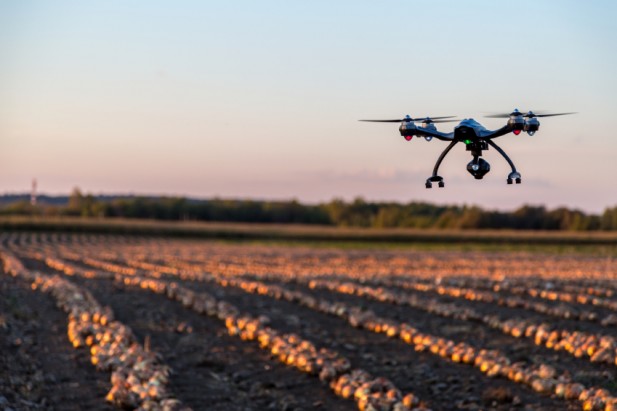Drones and Insurance: The Future is Here

Once found only in futuristic science fiction movies, unmanned aerial vehicles or “drones” are becoming more and more popular in North America. From novice backyard flyers to commercial operations, military exercises and even police investigations, the reality is that drones are increasingly populating the skies above us.
A drone is essentially any remote controlled or autonomous flying unmanned vehicle. Drones can range in size and price from under $25 for a very basic toy, to tens of thousands of dollars for a large, stable vehicle commonly used in agriculture, the film industry, or for surveying purposes.
But what happens when a drone falls from the sky and damages your home or your car? Or causes personal injury? Or takes photos or videos which invade someone’s privacy? If the drone is being used for a commercial purpose, it may constitute an aviation activity which would be excluded from most general liability insurance policies. As a result, some Canadian insurers are now offering commercial drone insurance, which provides coverage for loss or damage to the drone or its payload, liability for damage or personal injury, and other losses.
Those who regularly operate drones for recreational purposes should review their home insurance coverages to ensure they are not left without insurance in the event of a mishap. For commercial applications, drone insurance will become the new standard.
Oatley Vigmond is Ontario’s Personal Injury Law Firm. If you require assistance with any type of insurance claim, we may be able to help.
About the Authors

Adam Little earned his undergraduate degree from the University of Toronto in 1996. He graduated from Queen’s University Faculty of Law in 2000 and was called to the bar in 2002. Adam was practicising on Bay Street for a leading Toronto litigation firm that represented doctors in medical malpractice claims when he realized that helping people through personal injury litigation was what he wanted to do. “I wanted to work for the best,” he said. A partner at Oatley Vigmond had written the best-known book available about addressing jury trials, which Adam had read and admired. He wrote to the partner, went through an intense interview process and became a partner at the firm in 2005.
